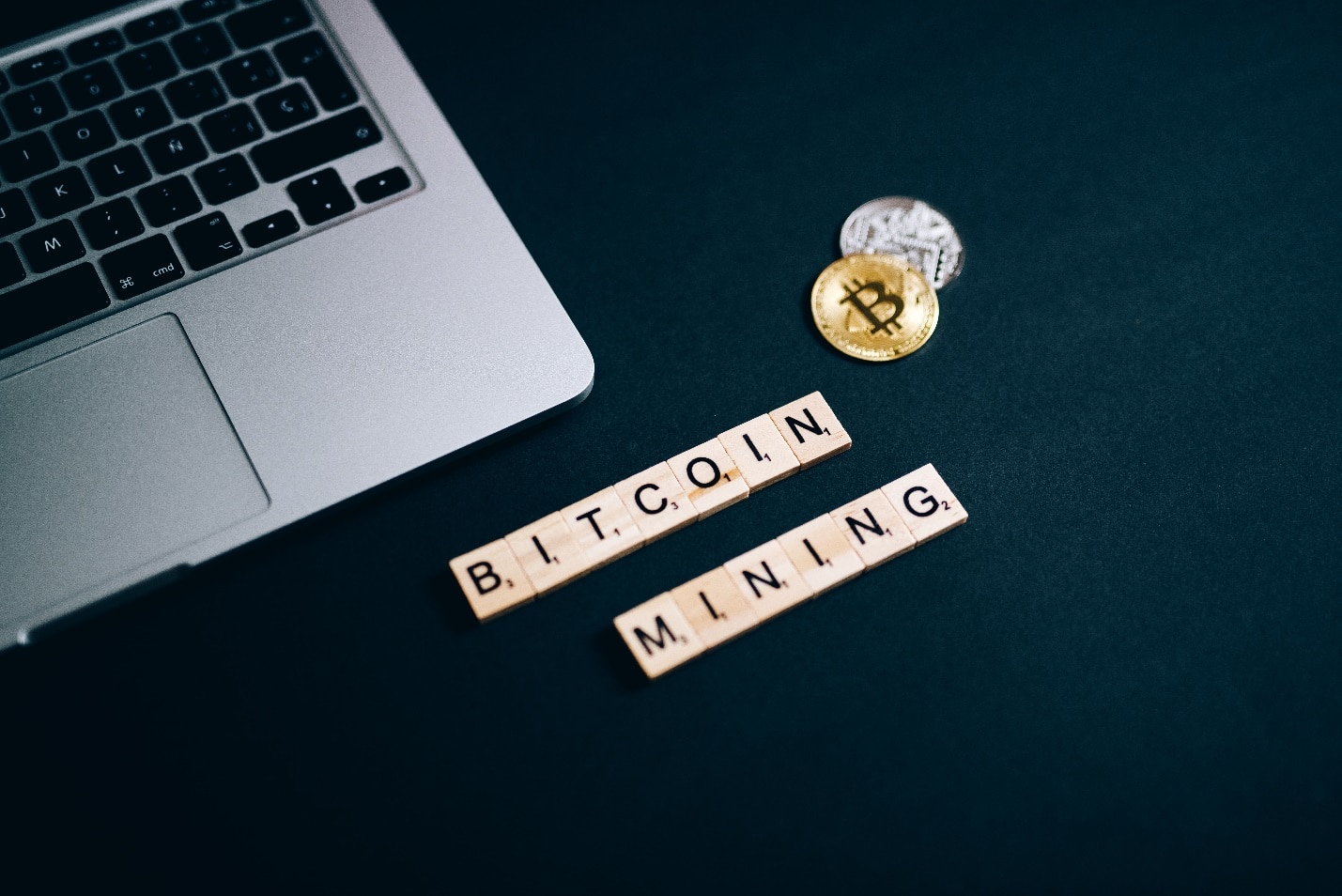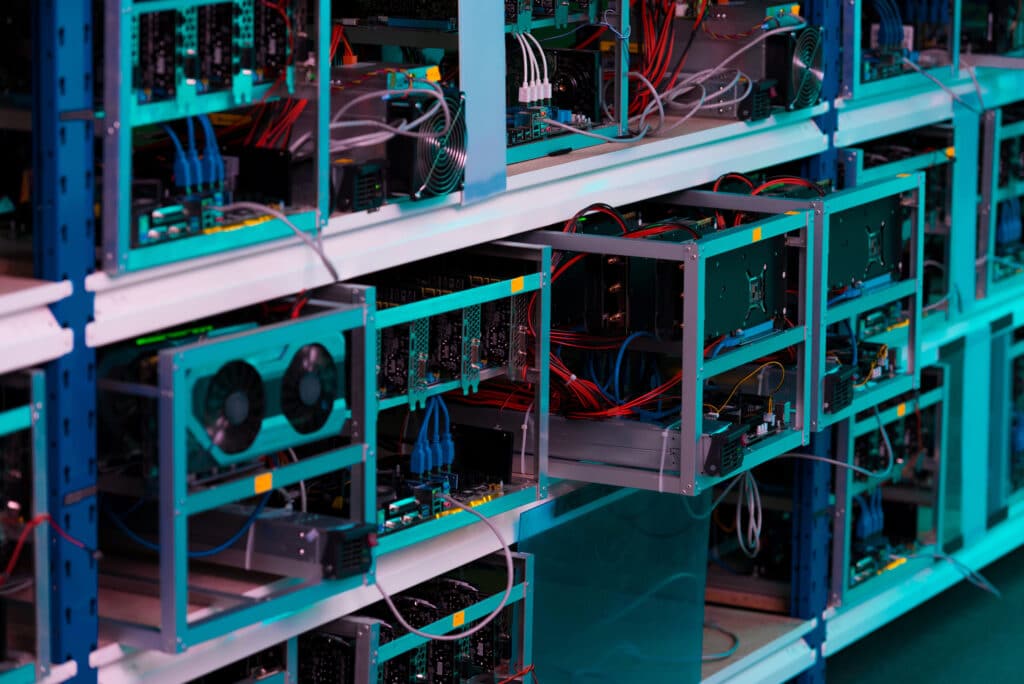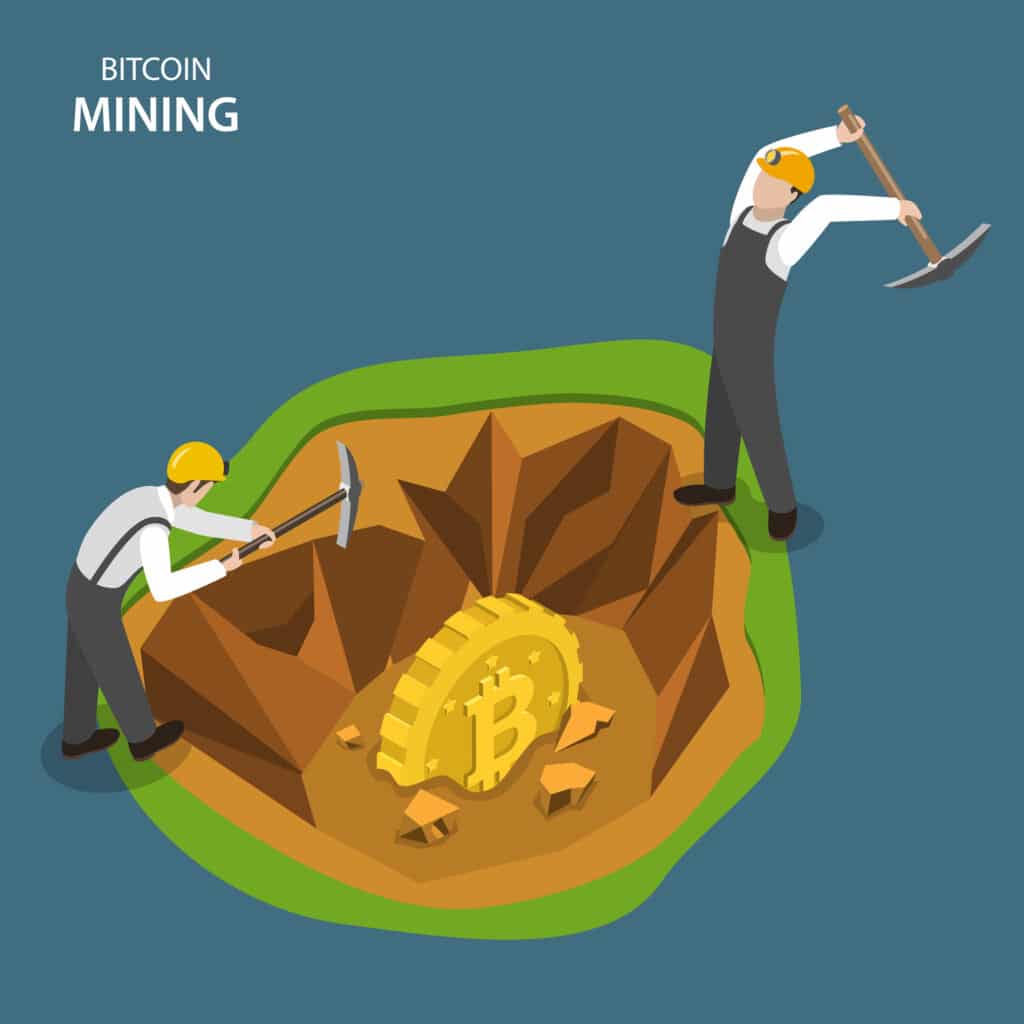How Bitcoin Mining Works

Bitcoin, Cryptocurrencies
When you talk about cryptocurrencies, bitcoin is one form of crypto trading that can't be overlooked. In fact, bitcoins are one of the most popular forms of cryptocurrency today. Their popularity surged mainly because of the sheer rise in bitcoin prices in recent years.
The process through which bitcoins are created is called bitcoin mining. But, the "mining" process is not as easy as it seems. Bitcoin mining requires solving highly complex math problems. When the problems are solved, they verify the transactions and generate the currency.
After a "miner" successfully mines the cryptocurrency , they receive a bitcoin amount that was already determined prior to the mining process.
Because of the recent surge in bitcoin prices, more and more people have started considering investing in bitcoin. If you're in a similar boat, there are some things regarding bitcoin mining that you should understand before investing. Read on to find everything you need to know about bitcoin mining.

Understanding Bitcoin Mining
Out of all the crypto trading options, bitcoin remains the most popular. One important thing to know about bitcoins is that they do not physically exist. They only have an online or digital presence, and their exchange is also limited to online transactions.
So, how are bitcoins created online? Through the mining process!
To run bitcoins, you will need a distributed ledger or a decentralized computer network to track the cryptocurrency's transactions. Simply put, the networked computer generates the bitcoins after verifying the transactions.
It is essential to know that almost all cryptocurrencies are powered by a specific technology called the blockchain. Bitcoins are the same; they are also powered via blockchain.
Now, what exactly is blockchain?
Simply speaking, blockchain is similar to a really long receipt that contains a record of all approved public transactions. It is a decentralized ledger containing a network's transaction records in more complex terms. When a group of approved transactions is made, it creates a block added to a long-running chain. When you mine bitcoins, you add to the chain.
How it Works
The problem with bitcoin mining is not solving complex math problems; the real problem lies in the running cost of networked computers. The computers are not only expensive, but they also use up massive amounts of electricity.
ASIC or Application Specific Integrated Circuits are the computer hardware you need for bitcoin mining. They cost around $10,000. But the more significant issue is their excessive use of electricity which has raised environmental concerns for many. It is also why Elon Musk, the CEO of the world-renowned company Tesla, dropped bitcoin, which considerably dropped the bitcoin price.
But if you end up successfully adding a block to the blockchain, you will receive a predetermined amount of 6.25 bitcoins. After every 210,000 blocks, the reward amount is cut in half. This can take up to four years approximately.
Currently, 6.25 bitcoins are worth roughly $275,500. But the bitcoin price does not remain the same constantly. The price will almost always fluctuate, making it nearly impossible to determine the reward you will get for your investment.

Bitcoin Mining Essentials
There are three main bitcoin mining essentials. Once you have all three, you can start bitcoin mining. Here is what you need:
1. ASIC
As mentioned before, you will need ASIC (Application Specific Integrated Circuit) that will roughly cost you $10,000. But the running cost is even higher because of the electricity consumption. To reduce the running cost, you can opt for mining pools. In mining pools, you can share the cost of the equipment and electricity with other miners. But this also implies shared rewards, so the final payout you get won't be as much.
2. Mining Software
You'll need mining software that will be connected to the computer hardware. Fortunately, you'll find many mining software to be free that can run on both Windows and Mac PCs. After finding and connecting the right software to your hardware, you can start working on bitcoin mining.
3. Wallet
Once your transaction gets approved, the reward you will receive in the form of bitcoins will be stored in a wallet. You can make your transactions (accept and transfer) through an encrypted online account, also known as a wallet. These wallets can also be used for storing and creating transactions of other cryptocurrencies besides bitcoin. You can easily find multiple companies that offer wallet options to bitcoin miners.

Is Bitcoin Mining Taxed?
Yes, if you have successfully mined bitcoins, you will be taxed for it as it falls under the same category as any other form of income. Your bitcoins will be taxed at ordinary income rates at the time of receipt.
The same applies to any other form of cryptocurrency besides bitcoin. Moreover, if you sell a bitcoin at a higher price than what you got it at, it will be counted as a capital gain. The capital gain would be taxed similarly to bonds, stocks, or other assets again.
Conclusion
Much like other forms of crypto trading, bitcoin is also full of uncertainties. While bitcoin mining does yield crazy profits from time to time, you can never be sure how much reward you will get. Since bitcoin does not hold a physical presence, it does not have any intrinsic value like gold. Of course, you can still profit like many are by selling your bitcoin for a higher price.
To ensure you're at the top of your trading game, it is vital to check the market trends. But like traditional market assets, bitcoin is influenced by different factors. Primarily, social media will be your best friend when it comes to selling bitcoins to earn profit.
The bitcoin mining process is costly, but people are always interested in investing in bitcoin and other forms of cryptocurrencies because of how high the prices can rise. It is possible to compensate for the losses if you know when to strike. But the fact remains that bitcoin mining will not always recover the cost you invested in the first place.



